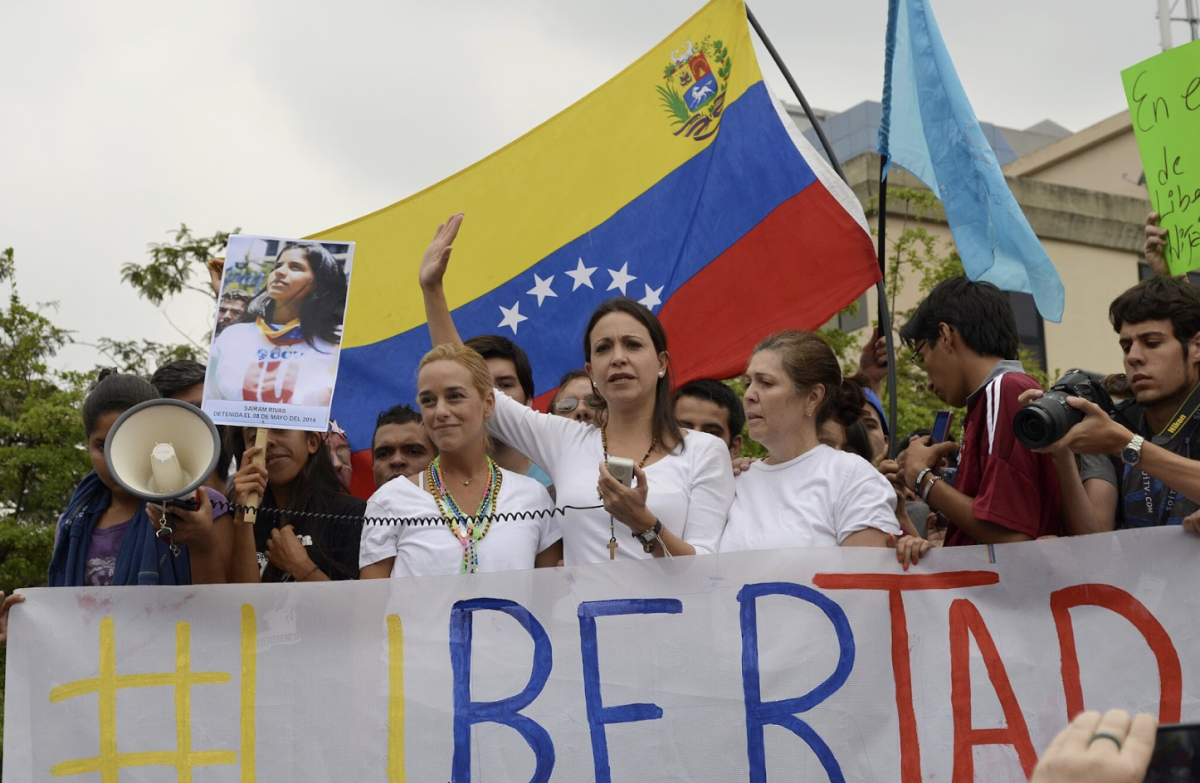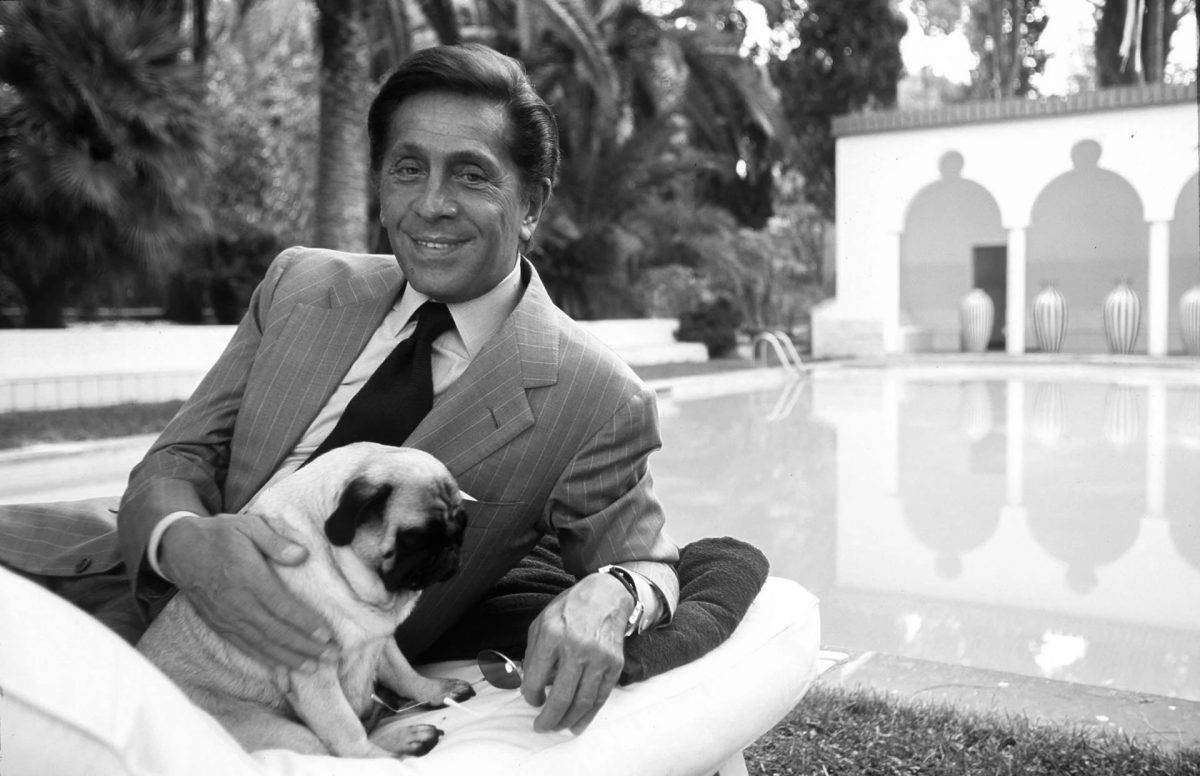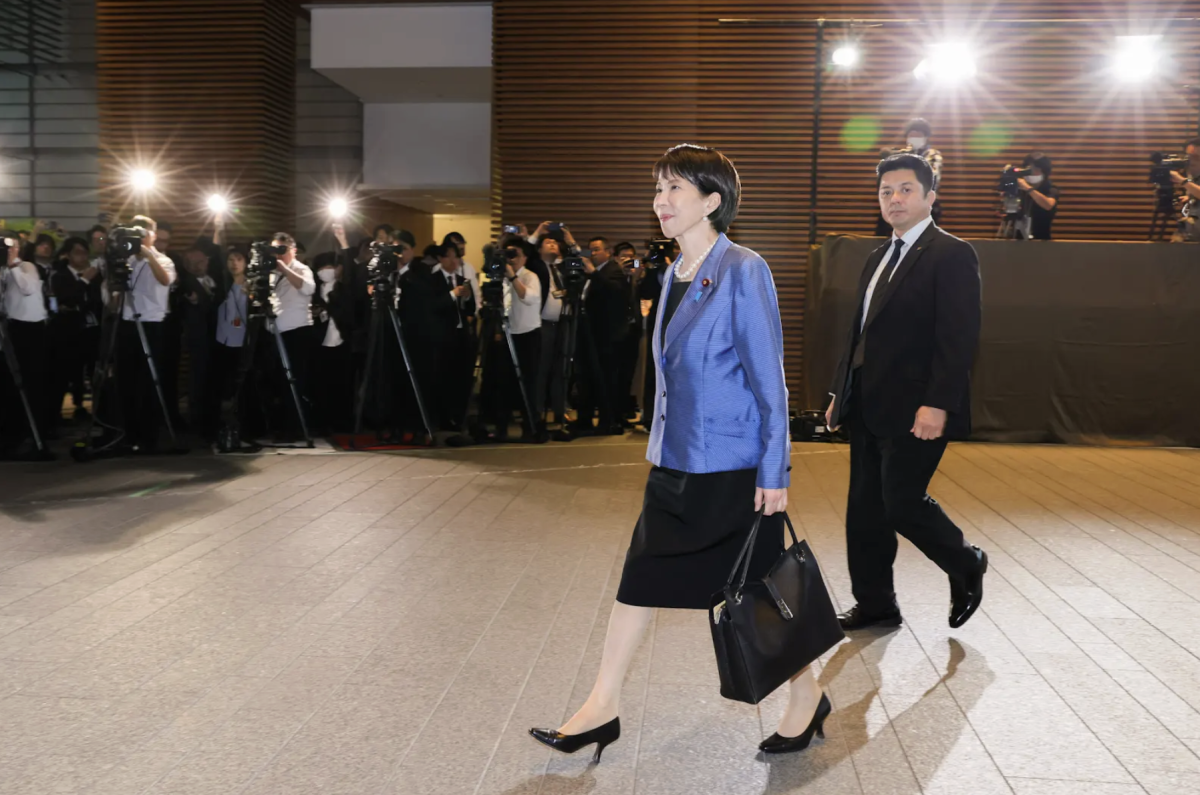Every year, six Nobel Prizes are awarded to remarkable, accomplished individuals from all over the world for their outstanding achievements in one of six categories. With the peace category gaining the most attention and nominations every year out of all the categories, it’s no surprise that this year’s winner, Maria Corina Machado, has received vociferous attention from the global public and the news. What exactly is her work? How was she deemed the best fit for the 2025 Nobel Peace Prize?
To fully understand the extent of Machado’s societal contributions that led to her being awarded the Nobel Peace Prize, a complete detailing of the selection process behind the prize itself is a good place to start.
The Nobel Prize Organization:
According to the statutes of the Nobel Foundation, no one can nominate themselves for a Nobel Peace Prize, and a nomination is only considered valid if it’s submitted by a person who meets specific criteria, such as being a member of national assemblies/governments, a university professor of majors like social sciences and philosophy, or a current or former member of the Norwegian Nobel Committee. Both organizations and individuals can be nominated, but the majority of nominations end up being the latter. This year, the Nobel Peace Prize received a total of 388 nominations, 244 of them for individuals and 94 for organizations.
The Norwegian Nobel Committee is then responsible for handling all nominations of all six categories and selecting its choice for the Nobel Prize laureates. The Committee comprises 5 members, decided upon by the Storting (Norway’s parliament). Although the other five awards are awarded in Stockholm, Sweden, the Nobel Peace Prize is uniquely bestowed in Oslo, Norway.
Maria Corina Machado:
With Machado recently being selected as the 2025 Nobel Peace Prize winner, her lifelong work in promoting democratic rights in Venezuela has captured the attention of millions of people. Born on October 7, 1967, in Caracas, Machado holds a degree in industrial engineering and a Master’s in finance. Currently, Machado is the leader of the Venezuelan opposition party Vente Venezuela, but she first started off by immersing herself in the world of politics in 2002 as the cofounder of a volunteer civil association named Sumate, which aims to unite people as one community despite long-term Venezuelan political tensions. During this time, she also led and demanded a public vote to remove Hugo Chavez (the president at this time) from office because of his dictatorial policies and bias. Numerous Chavez supporters were beyond enraged at Machado, sending death threats to not only her but her children as well, resulting in her children being sent abroad for their safety.
In the year 2023, Machado became the leading figure of the democratic party, with the perfect opportunity to finally compete against the country’s president, Nicolas Maduro, in the upcoming presidential elections. Maduro, the president since 2013, frequently attacks the democratic party, especially Machado, accusing her of sabotage and involvement in power blackouts. Known as Venezuela’s Iron Lady, Machado was determined to free Venezuela from its “brutal, authoritarian state” and was widely perceived to be the leading candidate in Venezuela’s 2024 presidential election. However, Maduro refused to hold free and fair elections and launched a terrifying political crackdown that not only blocked Machado’s candidacy but also forced her to go into hiding for the past year. Still, Machado was adamant in staying in the country, supporting her stand-in candidate, actively attending rallies and conferences as often as she could.
With Machado receiving the greatest distinction award of her career as a political protestor, the Nobel Peace Prize Committee celebrates Machado’s fight for democracy. The committee has called her “one of the most extraordinary examples of civilian courage in Latin America in recent times” and a “brave and committed champion of peace, one who had kept the flame of democracy burning during a growing darkness.” The committee recognizes the political condition of Venezuela and Machado’s work to ameliorate it, stating, “Venezuela has evolved from a relatively democratic and prosperous country to a brutal, authoritarian state that is now suffering a humanitarian and economic crisis.”
In a call with the Norwegian Nobel Institute, she shared that this award represents all the hard work of her supporters and the Venezuelan people. “I am just a part of a huge movement…I’m humbled, I’m grateful, and I’m honored not only by this recognition, but I’m honored to be part of what’s going on in Venezuela today.” Machado added, “I believe that we are very close to achieving, finally, freedom for our country and peace for the region.”
The formal award ceremony for the Nobel Peace Prize is on December 10th, when Machado will be granted a gold medal, diploma, and the prize money of 11 million Swedish kronor (approximately 1.17 million US dollars). As only the 20th woman to be awarded the Nobel Peace Prize out of all 143 past laureates, it’s truly a surprise that only about 14% of winners in this category are women. Nevertheless, Machado’s persistent work in raising awareness for the suppressed democratic party in Venezuela will continue, inspiring other women, activists, and all to advocate for democratic beliefs and values.







